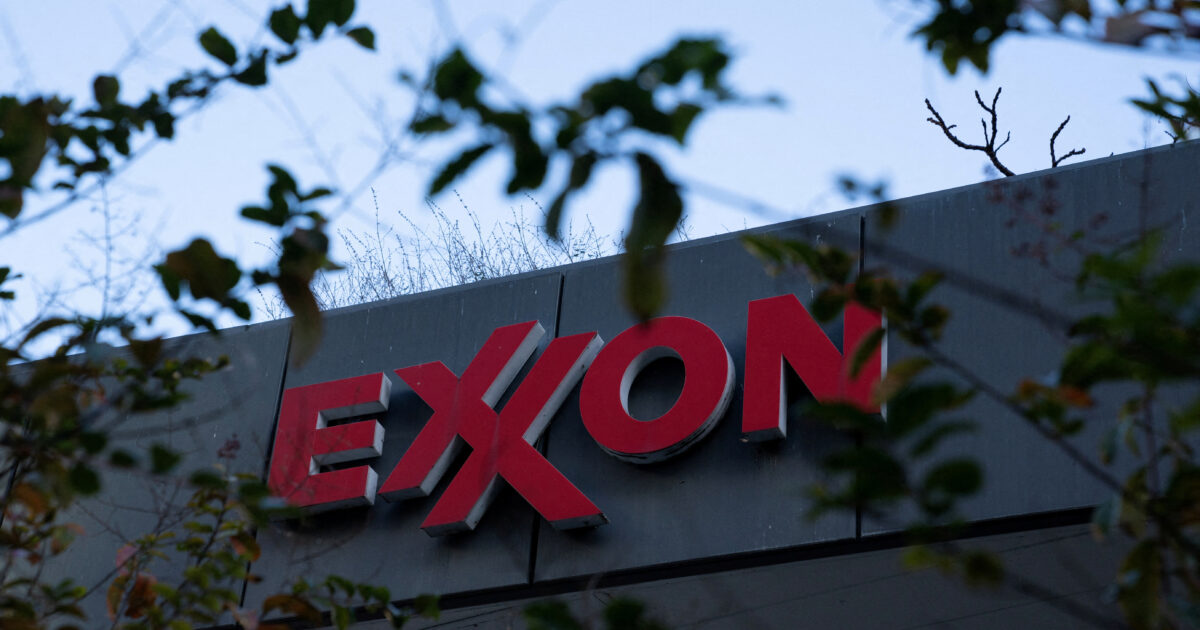Banking circles keep the bar of expectations low in relation to the purely economic benefits for the country from the announcement by Exxon Mobil (USA) and Helleniq Energy to start drilling in Greece.
These drillings by ExxonMobil and Helleniq Energy concern Block 2, in the Northwest Ionian Sea, and are the first attempt at systematic hydrocarbon extraction in the country after about 40 years.
The same sources from analyst circles in Greek banks refer to newsit.gr that the potential profit for the Greek economy as a whole will be seen – if the relevant research is successful of course – after ten years, i.e. in 2035.
This profit will especially concern the Greek government which, in addition to a very small “commission” from the transport of oil or natural gas from the Greek area, will collect 10% – 20% (in accordance with international practice) on the annual turnover of the particular hydrocarbon extraction company.
The amount of the turnover is of course something that is – obviously – completely open, while the gigantic cost of extracting hydrocarbons at such a great depth of sea should not be underestimated at all.
On the other hand, the same sources state that the eventual extraction of oil or natural gas on Greek territory will not improve the price of specific energy sources in Greece at all, as these are determined at an international level, which cannot be substantially affected by the extraction of any amount of oil or natural gas from Greek territory…
There could be positive effects in the pockets of liquefied natural gas consumers in the future, especially from the increase in terminals in the US, which has been announced by the US president, Donald Trump.
As regards the commitment made by the head of the Commission, Ursula von der Leyen, to Donald Trump, on July 27 regarding the import of energy from the USA amounting to 700 billion euros by 2028, it is characterized – by the same circles – as unattainable as it far exceeds Europe’s energy needs, although otherwise, the EU together and Greece are expected to comply with this agreement, for example for liquefied natural gas (LNG) The hopes of the same banking circles for certain serious positive effects on the Greek economy and, in fact, sooner than the uncertain and much smaller than those predicted from the eventual extraction of hydrocarbons, are directed towards Renewable Energy Sources (RES).
According to the same analysts, the further development of RES and, above all, their storage and transport-export tools could have catalytically favorable results in the No. 1 problem of the Greek economy, which is none other than the trade deficit.
It is such potential for the production and export of RES on the part of Greece, which could almost annihilate the country’s trade deficit, say the same sources.
